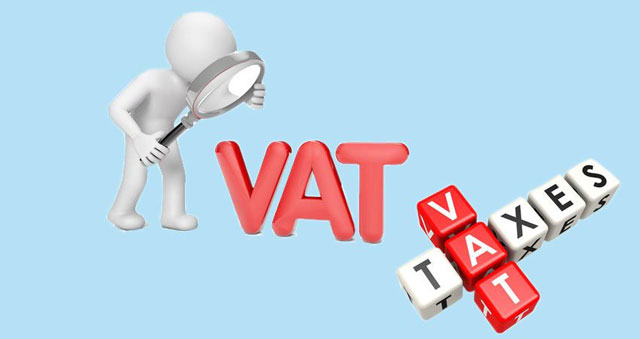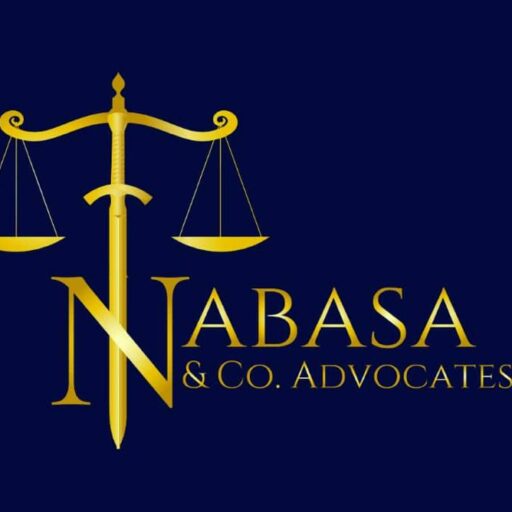
In Uganda, Value Added Tax (VAT) plays a significant role in the country’s revenue generation and economic structure. With its impact felt across various sectors, understanding VAT is crucial for businesses, consumers, and policymakers alike. Let’s delve into the world of VAT.
According to recent data from the Uganda Revenue Authority (URA), VAT constitutes a substantial portion of the country’s tax revenue. In the fiscal year 2022-2023, VAT collections amounted to UGX 1,590.55 billion, reflecting the significant contribution of VAT to the government’s revenue
WHO PAYS VAT?
As you know, a VAT-registered taxpayer in Uganda is an individual or business entity recognized by the Uganda Revenue Authority as liable to collect and remit Value-Added Tax (VAT) on the goods and services they provide.
Some requirements must be met to be eligible for VAT registration:
- The taxpayer is required to take part in activities that entail supplying taxable goods. These are the products or services that are subject to VAT. Over the course of any three consecutive months, the taxpayer’s turnover from taxable supplies (not including the VAT amount itself) should have exceeded UGX 37.5 million. This suggests a steady volume of trade that requires the application of VAT. At the start of the following three calendar months, the taxpayer must register for VAT if it is fairly foreseeable that they would produce taxable supplies valued at more than UGX 37.5 million, excluding tax.
- Similarly, if at the onset of any tax period, there are reasonable grounds to expect that the taxable supplies made will exceed the VAT registration threshold of UGX 150 million, excluding tax, registration is compulsory. The taxpayer must also have a history of taxable supplies whose total value, excluding VAT, exceeded UGX 150 million in the previous 12 months.
A person or business may voluntarily register for VAT, even if they do not meet the aforementioned turnover thresholds. This could be for reasons of business credibility or in anticipation of future growth.
CAN A TAX PAYER REQUEST FOR A REFUND?
Taxpayers may be eligible for reimbursements under certain conditions in the VAT tax systems. For example, Input Tax Exceeds Output tax, overpayment of taxes, bad debt, Stock loss, and timely filing of returns
ARE ALL GOODS & SERVICES TAXABLE? NO.
Some supplies are exempt from VAT, These include;
- Services for carrying out feasibility studies,
- Locally produced raw materials subject to investment thresholds and industry,
- Liquefied petroleum gas,
- Financial services,
- Health and life insurance,
- Agricultural insurance policies,
- Re-insurance services,
- Unimproved land,
- Leases and sales of specific residential properties,
- Education,
- Medical and health services,
- Assisted devices for people with disabilities,
- Oxygen cylinders or oxygen for medical use,
- Social welfare services, pesticides,
- Petroleum products subject to excise duty, and
- Supply of animal feeds and mixed components.
Authored by Kainembabazi Tracy (tkaine@nabasalaw.com)
